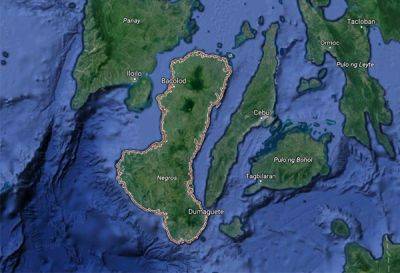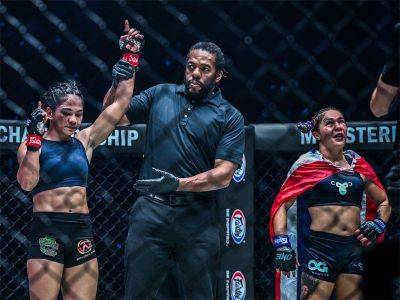Where Drag Can Land You Behind Bars — and Worse
Editor’s note: The author intentionally uses “Filipine” in reference to Pura Luka Vega instead of the more commonly used “Filipino” because it is more neutral than the Spanish masculine “-o.” Are there places on this globe of ours where drag performance has been rendered effectively illegal? Where television offers drag franchise competitions, but drag performance outside screens is criminalized? One might ask Pura Luka Vega (PLV), a Filipine national who ran afoul of the high-strung and powerful “Religious Reich” entrenched in the Philippines. By the time the U.S. booted out the Spaniards following the Spanish-American War, Catholicism was firmly entrenched.
In fact, in 2020’s national census, 78.8 percent of the population reported themselves Roman Catholic, with another five percent other Christian. How did this nonbinary drag entertainer, born Amadeus Fernando Pagente in 1990, commit a heinous, jailable crime that brought the swiftest opprobrium? A little background … PLV began performing in 2017, with friends teasing that they should take the name Pura after the Carnival Queen of Manila. In 2022, they became one of the televised “Mudras” on Drag Den and was the nation’s first televised drag queen to feature bearded drag.
On the show, they were known for making statements like, “I’m so used to being thrown shade at, ’cuz I’m not the ‘normal’ type of queen! I can walk on water … I can turn water into wine.” After PLV was knocked off the show, people thought 2023 would be the year when they would blossom. Instead, it proved to be the year of living dangerously. As in much of the globe, deeply conservative forces within the Philippines resist the adoption of ideals that promote notions such as freedom of speech, freedom of and from religion, and adoption of nontraditional/voluntary gender, sexual, and relationship statuses.
It’s not that people haven’t been working on these issues. In fact, the constitution adopted in 1987 guarantees freedom of expression. But the pre-World War II penal code still has Article 201, which prohibits “immoral doctrines, obscene publications and exhibitions and indecent shows.” Article 133 criminalizes “offending religious
.






